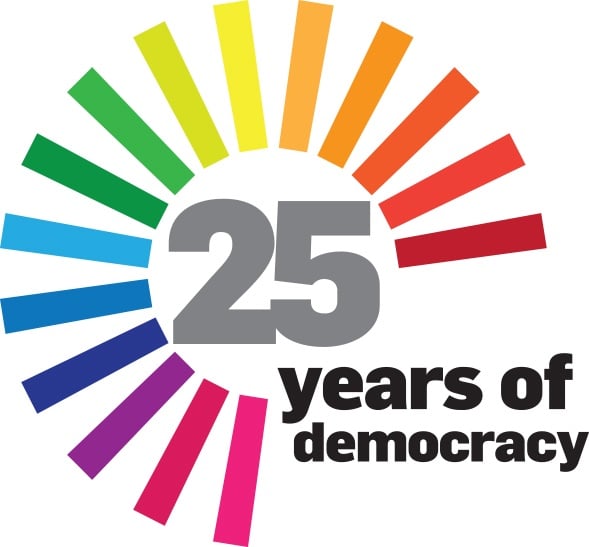
Families have different views of freedom. City Press spoke to three generations of the same family to find how each experiences
Nkosazana Dambuza (23) grew up in KwaZulu-Natal but travelled to Johannesburg to work as a news intern at Yfm after studying journalism at Durban University of Technology.
“My mother and grandmother would never have had the opportunity to do that. I appreciate the freedom of being able to choose my own destiny because those who came before me didn’t havethat,” she says.
But her freedom has limitations.
“My dream was to be a political reporter and so I would attend press conferences and follow politicians. The sad thing is that the same patriarchy I face in my culture as a Zulu woman is the same in these political circles. I wasn’t allowed to voice myself as easily. I was overlooked because I was a woman and my male counterparts were given preference.
“I was fortunate that my parents could send me to a decent school which gave me the chance to do anything I wanted. I had swimming lessons which my parents never had, I did ballet as well. I tried to impress my parents in everything,” she says.
“I could walk freely on the streets without showing anyone a pass. I could go to any beach I wanted. My gran would always tell me that we would have to be loyal to the party that gave us liberation.”
But Nkosazana doesn’t feel that way, believing not enough has changed in the past 25 years.
If one day she has a daughter, she would want gender equality and the freedom to travel without the fear of rape or harassment. She also wants for her to be allowed to wear her natural hair without being told it is “inappropriate” as she was told, or being disregarded as an undeserving “quota” player as she was on a provincial netball tour.
Nonhlanhla Dambuza (49), a teacher at a Durban High School, is now busy with her PhD.
“I am enjoying the freedom to develop myself academically without stress because I was awarded a merit bursary to pursue my doctoral studies part-time,” she says.
Nonhlanhla believes a key pillar of freedom, the right to quality education, is under threat from bad leadership and a school system beset by “widespread nepotism, cadre deployment and corruption”.
“My first memory of being discriminated against was at about six years old. My father would take us to the Durban beachfront and we would enjoy the rides and see white people swimming at the beach and in swimming pools, and eating in restaurants,” she says.
Her daughter’s life has been very different from hers.
“When I completed my university studies, I had already incurred financial debt from a student loan. It took me some good years to pay it off and I did not want my daughter to suffer the same,” she says.
“Now that she’s working, I don’t want Nkosazana to feel a need to financially support me. I just want her to focus on developing herself and save money. I want my future grandchildren to live a better quality of life than she had.”
Joyce Mbonambi (74), Nonhlanhla’s mother, so keenly feels her freedom that she cannot bring herself to vote for any other party but the ANC on May 8.
She refuses to hear anything negative about the party because her life and those of her children have improved dramatically since apartheid.
“We never had water or electricity and now we do. We couldn’t even water our gardens and the water was so far away. People have also received RDP houses,” said the retired nurse from eMandeni in KwaZulu-Natal.
She also praises the government for introducing mobile clinics which have been especially helpful for TB patients requiring daily treatment.
“Under apartheid, we had schools but they were far away. There were no high schools. We learnt terribly; it was a joke,” she says.
“On that day of the historic elections in 1994 I was hoping that the life of my daughter would be vastly better than mine. Thanks to the ANC it has been.”
Asked if the ANC has limited her freedom, she chucked and says: “We have seen the dirt they have done and we want them to fix that. This thing of people dying for politics is getting out of hand, especially in KwaZulu-Natal, along with just normal crime which is skyrocketing. These whoonga boys are a problem.”
TALK TO US
How has your life changed since the days of apartheid? Has it improved or deteriorated?
SMS us on 35697 using the keyword APARTHEID and tell us what you think. Please include your name and province. SMSes cost R1.50. By participating, you agree to receive occasional marketing material




 Publications
Publications
 Partners
Partners








